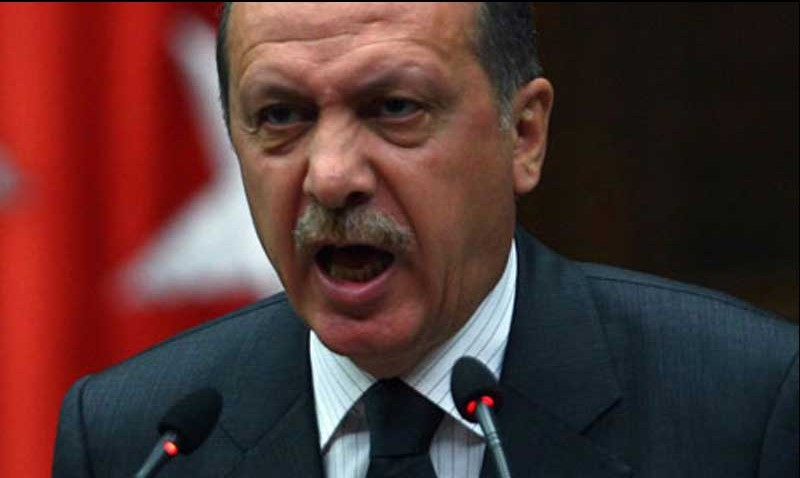Turkey requested the deployment of Patriot surface-to-air missiles (SAMs) along the 560 mile long Syrian border to NATO. These missiles are designed to intercept aircraft or missiles, and Turkey's military officials are insisting this missile system will ensure greater security in the region. NATO members, such as Germany, fully support the defense of Turkey and its desire to implement the SAMs along the Syrian border. However, other countries like Russia, Iran, and Syria call Turkey's actions provocative, and claim the deployment of missiles would add to the region's problems.
Deployment of the Patriot missiles would augment Turkey's air defense capabilities and contribute to the deescalation of the crisis along the Turkish-Syrian border. SAMs use radar to locate incoming missiles or planes, and they are launched from large containers and are guided toward their targets. This system was extensively utilized by the US and allied troops since it was initially deployed in the late 1980s. It was previously deployed in Turkey during the invasion of Iraq in 2003.
Even though Syria's internal conflicts affect its regional neighbors, Syrian officials are calling Turkey's request for missiles antagonistic, and even Russia said the missile deployment could increase conflicts. The missile request possibly upset Syrian officials because the missile deployment could be seen as the first step toward implementing a no-fly zone over Syrian airspace. For months, Syrian rebels have been requesting a no-fly zone to no avail because most foreign governments do not desire to be involved in the conflict. Additionally, it is important to note, a no-fly zone in Syria would bolster the rebels' control of territory that is threatened by the Syrian government's overwhelming firepower from the air.
Turkish officials reassure the international community and opponents of the missiles by labeling the missiles as defense mechanisms. Turkey's claims are valid, especially after the multiple incidents when the Syrian military exchanged fire over Turkish soil, which quickly escalated the tensions between Turkey and Syria. Despite opposition to the missiles, Turkey is justified to use the SAMs until the conflict is resolved and threats from Syria are eliminated.
The implications for the deployment of Patriot missiles are far more positive than negative because Turkey has a valid argument to defend its border from the escalating Syrian conflict. Even though Syria, Iran, and Russia are opposed to the missiles, their arguments fall short since SAMs are defense-oriented tools, unlike medium range surface-to-surface missiles (SSM). The deployment of the SAMs is not a matter of "if missiles are deployed" but rather "when will the missiles be deployed, and how long will they be deployed?".

Class, what implications do you forecast for the deployment of the missile? Do you have any additional or alternative options for NATO's strategy for the Syrian conflict?
No comments:
Post a Comment